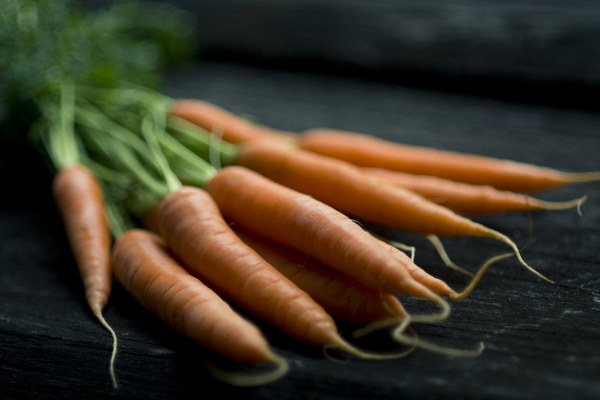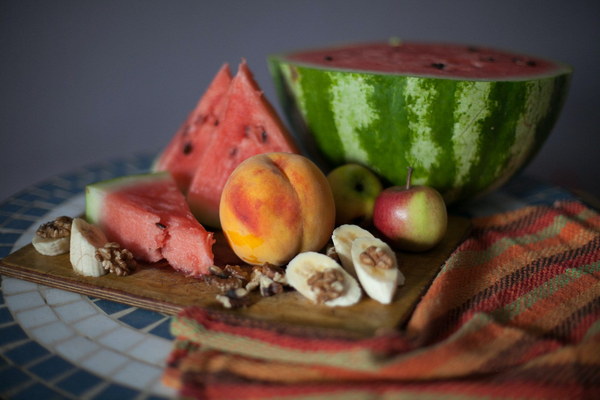Ginger Bean The Digestive Delight for a Healthy Stomach
Ginger bean, also known as galangal or greater galangal, is a root vegetable that has been widely used in traditional medicine and cuisine for its numerous health benefits. This spice not only adds a distinctive flavor to dishes but also plays a significant role in maintaining a healthy digestive system. Let's delve into the world of ginger bean and discover how it can be your go-to herb for a stomach-friendly diet.
The ginger bean, scientifically known as Alpinia galanga, is a member of the Zingiberaceae family, which also includes ginger and turmeric. Native to Southeast Asia, ginger bean is a versatile ingredient that has been cherished for centuries. Its unique aroma and taste make it a staple in various Asian cuisines, such as Thai, Vietnamese, and Chinese.
One of the primary reasons ginger bean is considered a digestive aid is due to its anti-inflammatory properties. These properties help alleviate stomach discomfort, reduce bloating, and minimize the symptoms of indigestion. The root contains volatile oils, such as gingerol and shogaol, which have been shown to have a soothing effect on the digestive tract.
In addition to its anti-inflammatory benefits, ginger bean is rich in essential nutrients that contribute to a healthy stomach. Here are some of the key nutrients found in ginger bean:
1. Vitamins: Ginger bean is an excellent source of vitamins A, B6, C, and E. These vitamins play a crucial role in maintaining the health of the digestive system, including the absorption of nutrients and the production of digestive enzymes.
2. Minerals: This root vegetable is also rich in minerals such as potassium, magnesium, calcium, and iron. These minerals help regulate the balance of fluids in the body, support muscle contractions, and enhance the overall function of the digestive system.

3. Fiber: Ginger bean is a great source of dietary fiber, which is essential for promoting regular bowel movements and preventing constipation. The fiber in ginger bean also helps slow down the digestion process, allowing the body to absorb nutrients more effectively.
To incorporate ginger bean into your diet, you can use it in various ways, such as:
1. Cooking: Add thinly sliced ginger bean to soups, stews, or stir-fries to enhance the flavor and improve digestion. It is also a key ingredient in dishes like Thai tom yum soup and Vietnamese pho.
2. Juicing: Ginger bean can be juiced and consumed raw to maximize its health benefits. Blend it with other vegetables like carrots, cucumbers, and ginger to create a refreshing digestive juice.
3. Tea: Boil ginger bean in water and let it steep to make a warm, soothing tea. This herbal tea can help alleviate stomach pain and aid in digestion, especially after a heavy meal.
4. Supplements: If you prefer not to consume ginger bean in its whole form, you can also take it as a supplement. Ginger bean supplements are available in capsule or powder form and are often recommended for individuals with gastrointestinal issues.
In conclusion, the ginger bean is a powerful digestive aid that offers a myriad of health benefits. Its anti-inflammatory properties, rich nutrient profile, and versatility in cooking make it an ideal addition to a stomach-friendly diet. So, the next time you're looking for a way to improve your digestive health, consider incorporating ginger bean into your meals and enjoy its unique flavor and health benefits.









